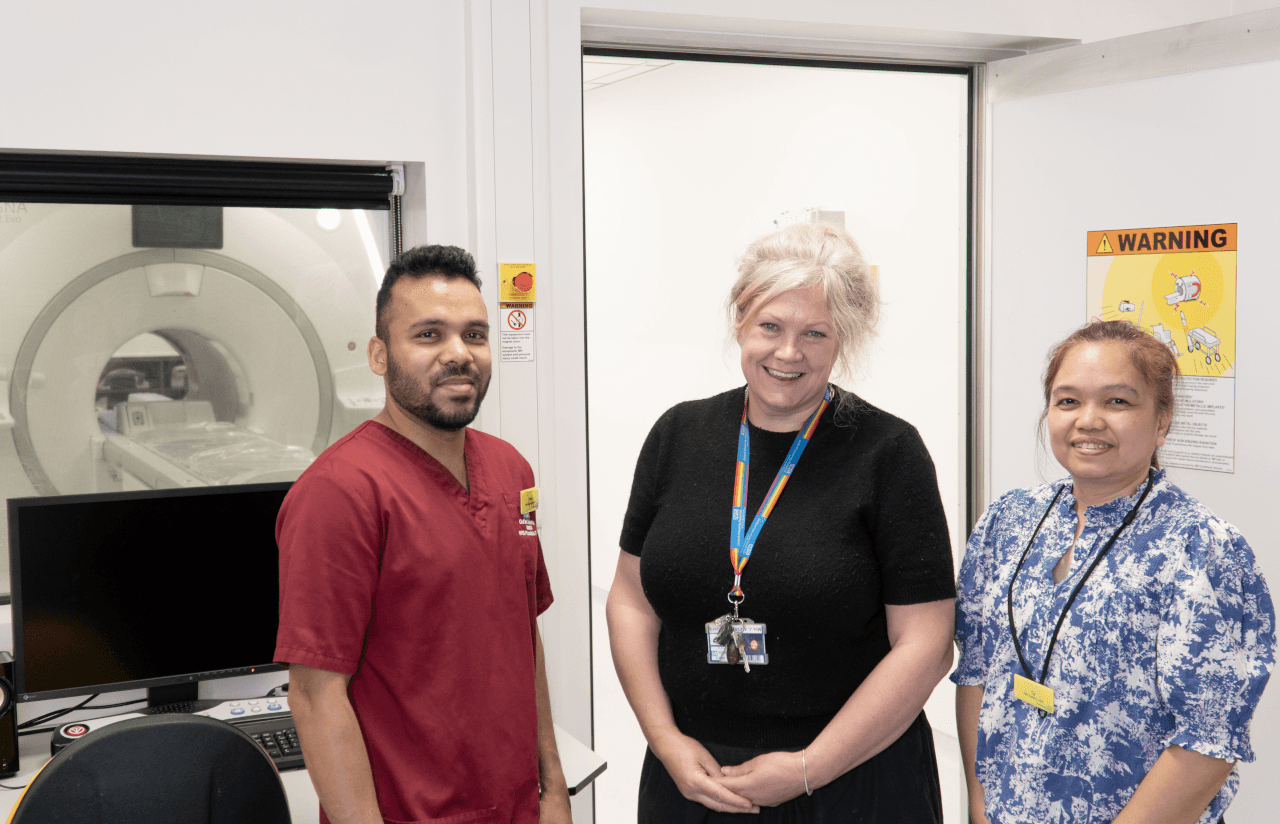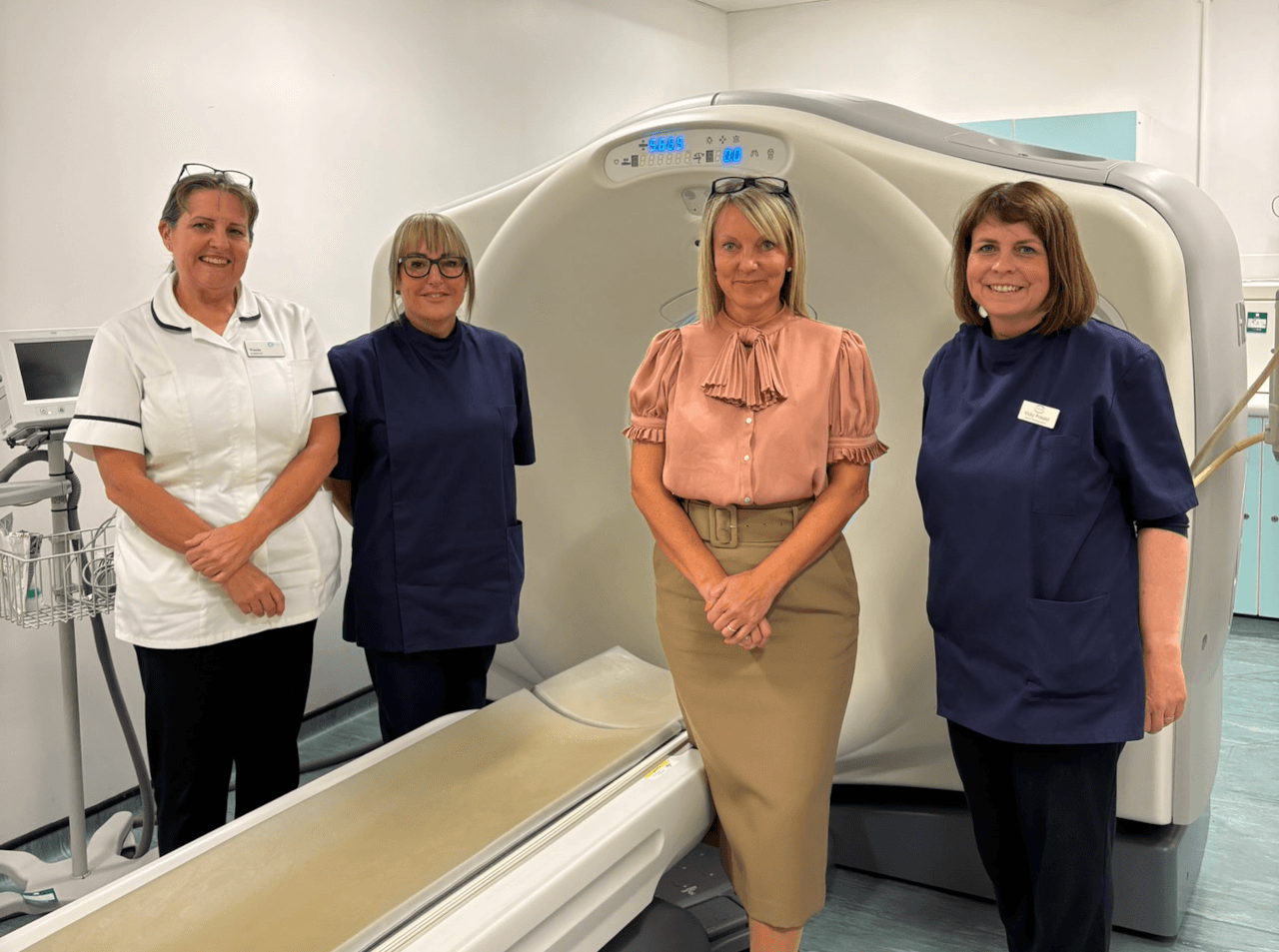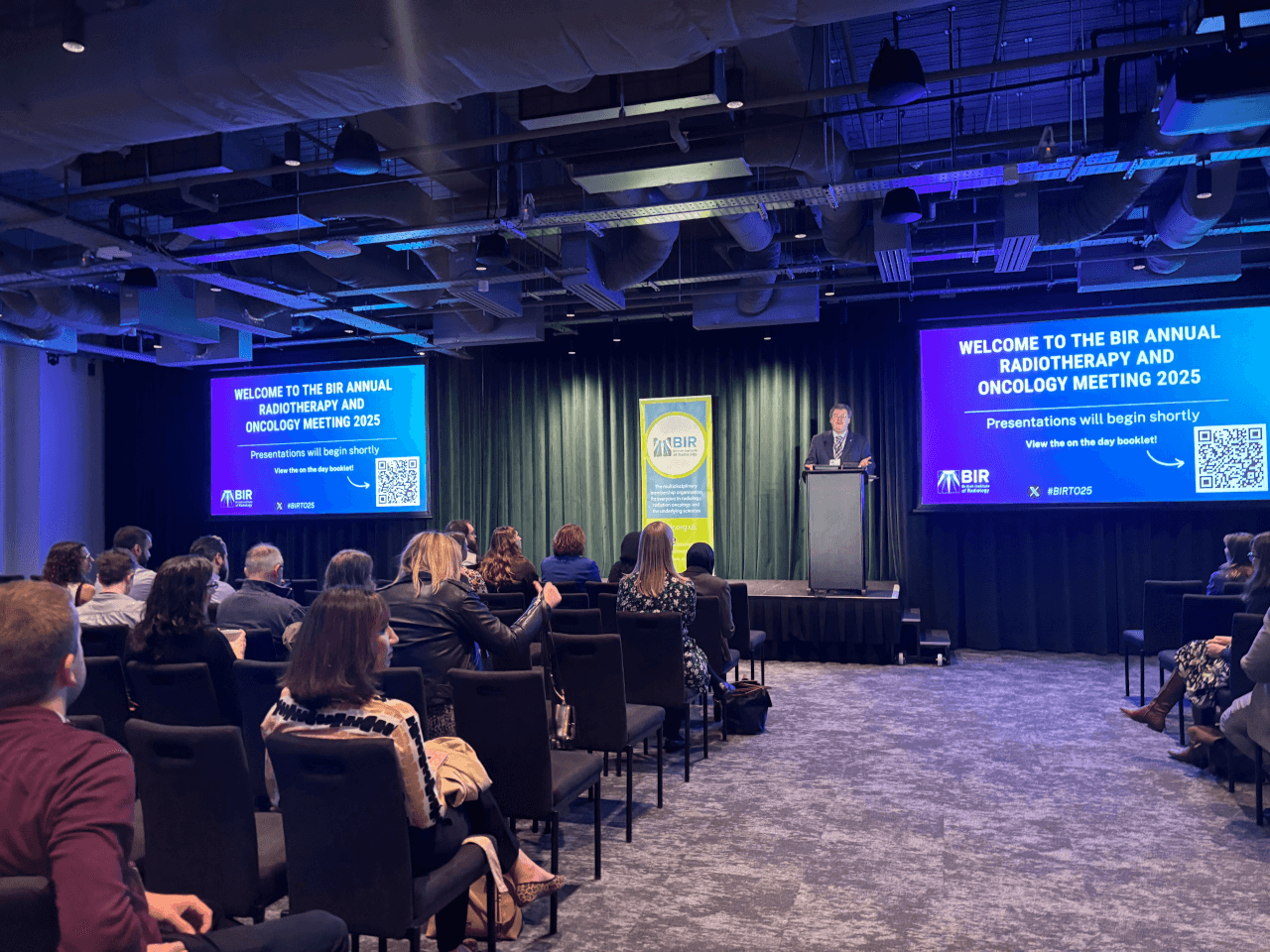Hexarad increases subspeciality reporting to meet growing demand

Many NHS trusts require access to subspeciality reporting, but struggle when their in-house radiology team does not have expertise in particular specialities. In response to growing demand, Hexarad says it has expanded the capacity and efficiency of its subspeciality reporting.
Its teleradiology network connects hospitals with a pool of expert radiologists across all major subspecialities, using an AI-driven technology platform.
Scans are automatically allocated to the most appropriate radiologist based on their subspeciality, with thousands of scans processed in minutes and allocation time cut by approximately 90 per cent, according to Hexarad. The tool auto-allocates 80 per cent of scans it receives, with the remainder sent to an administrative team for further assessment.
NHS trusts and hospitals can access a consultant radiologist’s expert second opinion on a complex oncology case, for example, or have an out-of-hours trauma scan reviewed by an on-call MSK specialist without needing to wait for a referral.
Hexarad CEO Dr Farzana Rahman said: “Working with NHS trusts across the UK, we have found that our AI allocation tool improves allocative efficiency by ensuring the right resources are used for the right tasks. Subspecialist radiologists are able to work at the top of their license, focusing on cases that fall within their domain of expertise.”
Hexarad currently supports subspeciality reporting in nuclear medicine (SPECT/CT, planar scintigraphy, cardiac, PETCT), cardiac (CT coronary angiogram, cardiac MRI, TAVI), whole body MRI, lung cancer screening and CT colonoscopy.
Picture: Hexarad CEO Dr Farzana Rahman.
Read this report on page 6 of the September 2025 issue of RAD Magazine.


